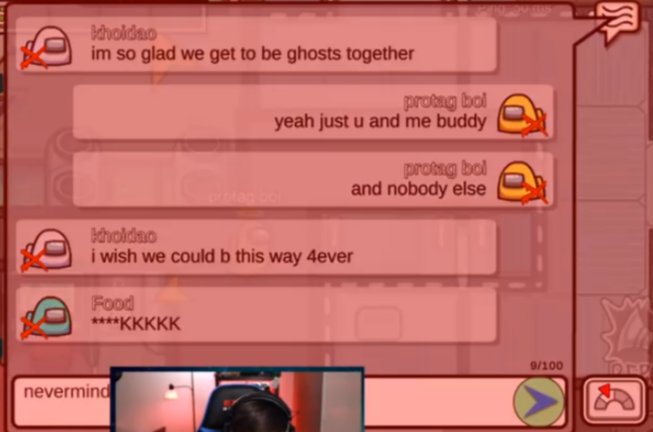“sir,” i called to him again.
“yes?”
he finally turned.
“there’s someone lying in the alley.”
“really?” he said indifferently and sat up. on television, both teams were about to play another round of a highpoints game that could turn the tide.
“he could die,” i said, fiddling with one of the chewy caramel packs neatly lined up on the display stand.
“is that so?”
“yes, I’m sure.”
that was when he finally looked me in the eye.
“where’d you learn to say such creepy things? lying is bad, son.”
I fell silent for a while, trying to find the words to convince him. but I was too young to have much vocabulary, and I couldn’t think of anything else truer than what I had already said.
“he could die soon.”
all I could do was repeat myself.
<...>
i waited for the show to finish while the shopkeeper called the police. when he saw me fiddling with the caramel again, he snapped at me to leave if I wasn’t going to buy anything. the police took their time coming to the scene — but all I could think of was the boy lying on the cold ground. he was already dead.
the thing is, he was the shopkeeper’s son.



-
prongs
24 июля 2021 в 19:16:10


-
prongs
24 июля 2021 в 19:33:28


Показать предыдущие сообщения (1)sends me every time